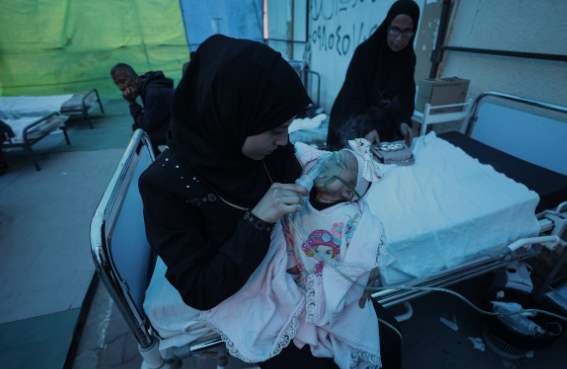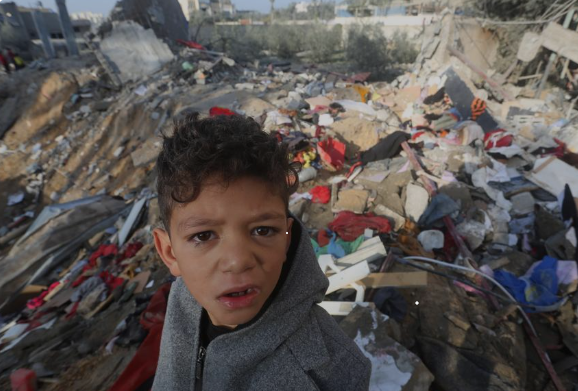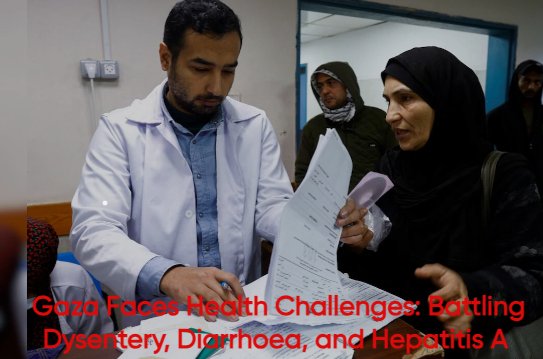In a bid to avert the looming threat of epidemics, aid workers underscore the critical imperative for Gaza’s hospitals and health centers to expand their capacities, addressing not only trauma wounds but also the surging cases of infectious and communicable diseases thriving in the overcrowded conditions.

Strict adherence to emergency humanitarian standards is paramount, necessitating the assurance of access to drinking and bathing water at the prescribed minimum levels. Moreover, an escalated inflow of food and medicine must be permitted into the Gaza Strip, complemented by the provision of secure passage for humanitarian convoys to facilitate extensive distribution. While approximately 200 aid trucks entered Gaza daily during the recent truce, this number has dwindled to 100, with ongoing hostilities impeding distribution beyond Rafah.

Doctors at Abu Yousef al-Najjar Hospital in Rafah have candidly expressed their overwhelming challenges, grappling with hundreds of patients seeking treatment for infections and communicable diseases in the unsanitary and overcrowded shelters. Dr. Jamal Al-Hams voiced grave concerns about potential outbreaks of contagious diseases across Rafah.

At Nasser Hospital, Dr. Ahmed Al-Farra, the head of pediatrics, lamented the heartbreaking reality that many families are unable to bring their sick children for timely care due to the ongoing hostilities. The shortage of essential medicines further compounds the challenges in providing adequate treatment. Dr. Al-Farra highlighted the distressing situation where children are compelled to consume water unfit for human consumption, leading to deficiencies in vitamins and anemia from malnutrition.

The scarcity of clean water for mixing infant formula has left babies hungry, as noted by doctors and aid workers. Even relatively well-off Gazans employed by international agencies or media companies have reported that their children are falling ill and grappling with shortages of food and water.

Amid a dusty camp near Nasser Hospital, Mahmoud Abu Sharkh, who fled northern Gaza with his three children, all under three, during the early stages of the war, pointed to the dire and squalid conditions surrounding them.
